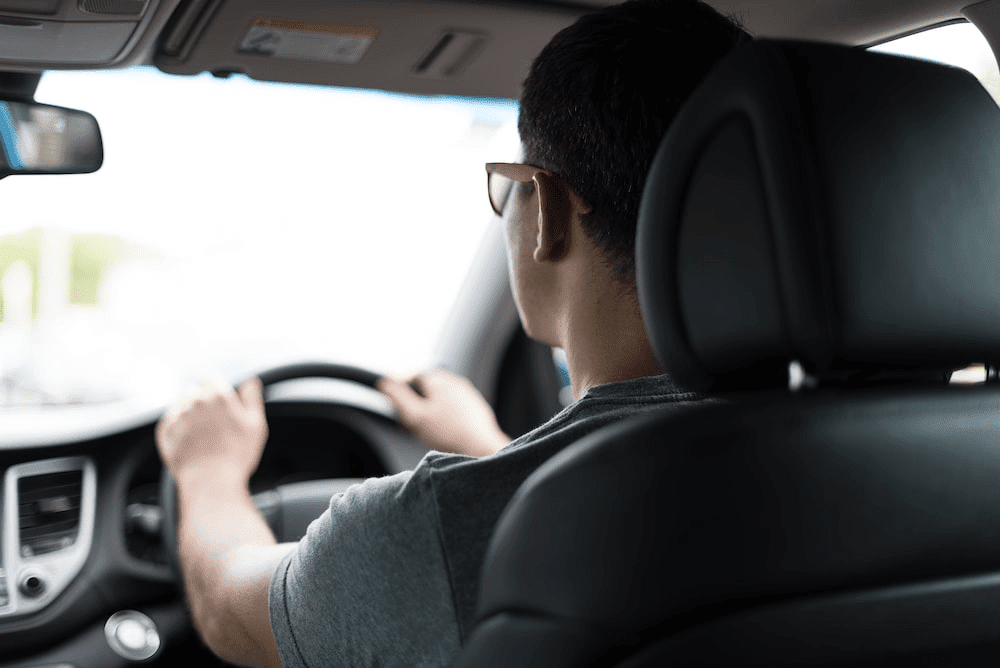As a PCO driver, you may have observed that roughly 7,000 speed cameras are set up around the roads of the United Kingdom. However, it’s important to remember that various counties have varying regulations and allowances for enforcing speed restrictions, even though they all technically enforce the same limits.
There is no easy justification for speeding, but unfortunately, it is common. For instance, almost 87% of drivers go above the 20mph limit, and over 50% of us go over the 30mph limit. With numbers like these, it’s no surprise that many individuals worry about getting pulled over for speeding and question how strict the laws around speed cameras are.
What’s All The Fuss About?
London’s Metropolitan Police have reduced their speeding fine limit from 10% + 3 mph down to 10% + 2 mph. The National Police Chiefs Council recommends a modicum of leniency from law enforcement when someone is caught speeding. Still, any speed limit violation will result in penalties, a fine, and possible prosecution.
With the Metropolitan Police Department’s 10% plus 3mph tolerance, speeding PCO cars can legally go 25 miles per hour in a 20 mph hour zone and 36 miles per hour in a 30 mile per hour zone. Because of the new limit of 10% plus 2mph, they can no longer safely operate at the previously permissible speeds of 24 miles per hour in a 20 mph area or 35 miles per hour in a 30 mph area.
The Met’s speed limit was initially lowered in May 2019, albeit this was never publicly reported. Because of this, the change would have occurred soon following the Auto Express inquiry into the limitations of UK speed cameras, details of which are provided below.
Over recent years, the Metropolitan Police Department (Met) has dramatically increased the number of speeding ticket issues, as The Times highlighted. The Metropolitan Police Department has stressed that PCO car rental drivers should always obey posted speed limits, regardless of whether they are strictly enforced.

How Does It Work?
Most speed cameras in a specific spot use a 10% +2mph methodology. To put it another way, if the speed of your PCO car is below that mark, you won’t get a penalty. For instance, if the speed limit on the route you were possibly speeding on was 60 miles per hour, 10% of that number is 6 miles per hour, and adding 2 miles per hour to that number yields the speed camera allowed of 68 miles per hour.
Anything below this speed should not result in a penalty. Since the 10% +2mph barrier is merely a guideline, we stress the word “shouldn’t” to emphasize that there is no surefire method of determining whether or not you’ll receive a ticket. You’ll only know if you were fined after a couple of weeks if you get notified by the authorities.
That’s because each of Wales and England’s 43 police forces can determine its speed camera thresholds. A chief of police would have to be extremely stringent to set a threshold of 0.1 mph for speed cameras, but if they wanted to, they could because anyone going more than 0.1 mph above the speed limit is theoretically breaching the law.

How Long Do PCO Car Drivers Have To Wait Before Knowing They Got A Ticket For Speeding?
It is often believed that PCO rental drivers who have not gotten a speeding ticket (technically called a “Notice of Intended Prosecution,” or “NIP”) after fourteen days of getting recorded by a dash cam or van are not likely to receive one and can contest any NIP that comes after two weeks. Unless your driving speed was far above the limit, most NIPs would be issued by a single officer at the scene; however, you won’t be expected to pay the fine immediately.
To adhere to this ‘regulation’ of 14 days, the police must make reasonable efforts to get your ticket to you during that timeframe, even though the countdown begins the day following you are convicted. There is no valid justification to contest a ticket if it arrives late due to complications with the postal company, a change of residence, forwarding via a car rental company or your company, or any other similar event.
It’s important to know that if you try to appeal because the 14-day rule applies to your situation or because you have some other justification for doing so, and you fail, you may end up with a harsher sentence than the one given initially.
How Can PCO Drivers Ensure They Don’t Go Over The Speeding Limits?
It’s challenging to get a precise reading on a speed measurement. Tyre deterioration can also cause a speedometer’s precision to fluctuate very slightly since the PCO car travels somewhat less distance with each wheel rotation as the tyres’ circumferences alter.
Suppose you’ve upgraded your automobile with a set of alloy wheels. In that case, you need to get your speedometer reconfigured or ensure the combined diameter of the tyres and wheel is like it was when the vehicle left the manufacturing plant.
PCO car speedometers are authorized to differ by 10% and 6.25mph because of this and other considerations. Therefore, if you’re going 60 miles per hour, they might report that you’re actually going 72.25 miles per hour.
They can over-read your speed and tell you that you are moving faster than you actually are, but they cannot tell you that you are moving slower. Most automotive speedometers are extremely precise, reading only slightly faster than the actual speed (by around 3mph at 70 mph) than the vehicle is going.

Now that you’ve understood how speed camera tolerance works as a PCO driver, the next step is to get in touch with a PCO car rental company in London, and who better than G&M Direct Hire? We are one of the best PCO car hire companies in Drayton, Feltham, and London. Contact us today and start your PCO driving right away.